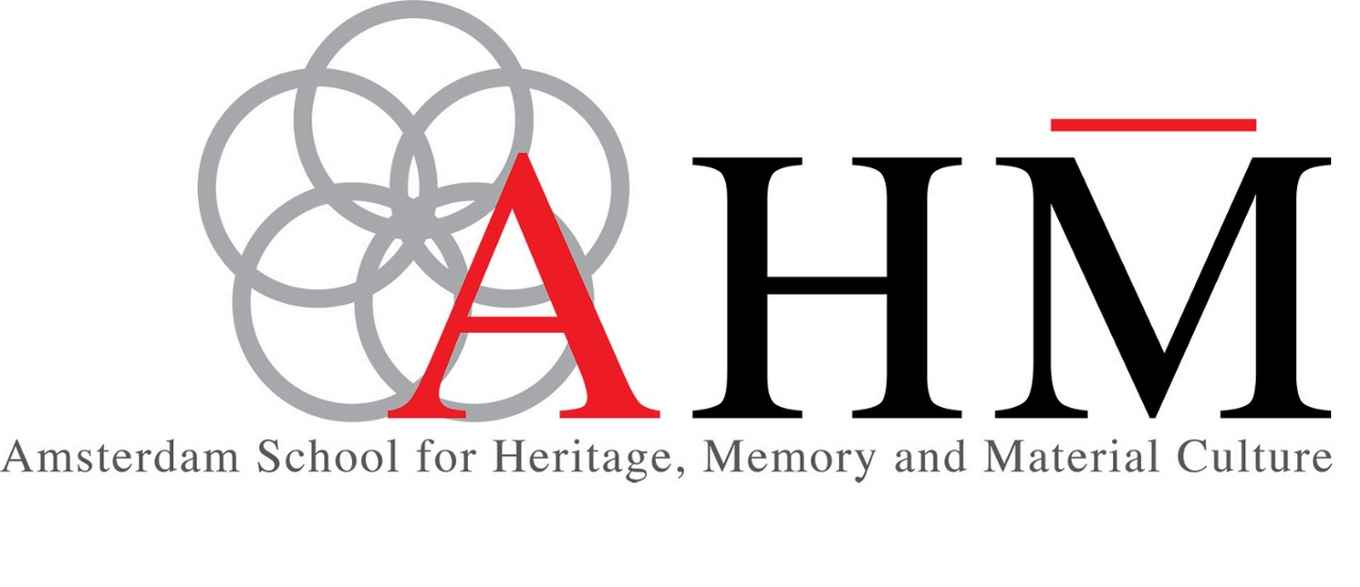Publication International Journal of Heritage, Memory and Conflict (HMC)
6 December 2021

The International Journal of Heritage, Memory and Conflict (HMC) is a peer-review open access journal published by the Amsterdam University Press. The Editors- in-Chief are AHM staff members Prof. Ihab Saloul and Prof. Rob van der Laarse, Prof. Patrizia Violi (University of Bologna), Prof. Marek E. Jasinski (NTNU Norwegian University of Science and Technology, Trondheim) and Dr. Gilly Carr (Cambridge University).
HMC critically analyses the tangible and intangible remnants, traces and spaces of the past in the present, as well as the remaking of pasts into heritage and memory, including processes of appropriations and restitutions, significations and musealization and mediatisation. This interdisciplinary journal addresses the dynamics of memory and forgetting, as well as the politics of trauma, mourning and reconciliation, identity, nationalism and ethnicity, heritage preservation and restoration, material culture, conservation and management, conflict archaeology, dark tourism, diaspora and postcolonial memory, terrorscapes, migration, borders, and the mediated re-enactments of conflicted pasts.
HMC covers the fields of heritage and memory studies, cultural studies, museum studies, arts and media and performative studies, postcolonial studies, ethnology, Holocaust and genocide studies, conflict and identity studies, archaeology, material culture and landscapes, conservation and restoration, cultural, public and oral history, critical and digital heritage studies. By crossing academic, artistic and professional boundaries, the journal aims to offer an interdisciplinary space for the rich scholarship in these fields, and to contribute to a better understanding of the extent to which memory sites and heritage discourses operate as vehicles at local, national and transnational levels.